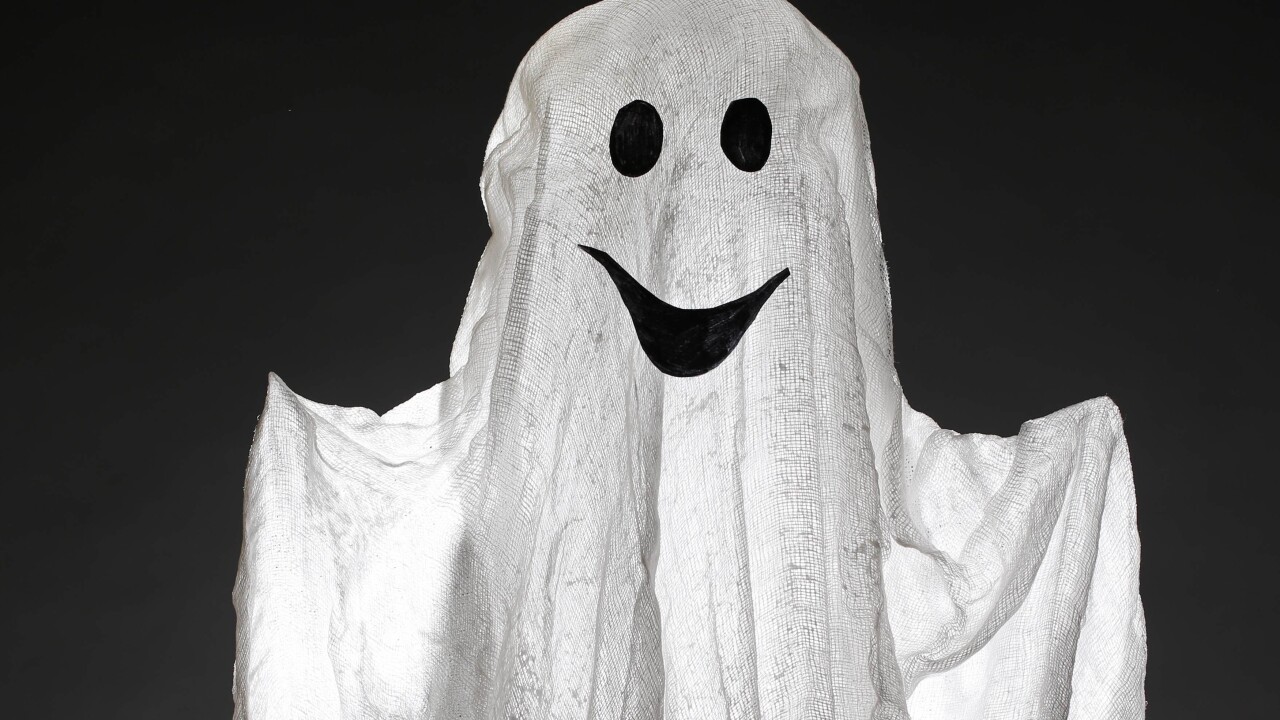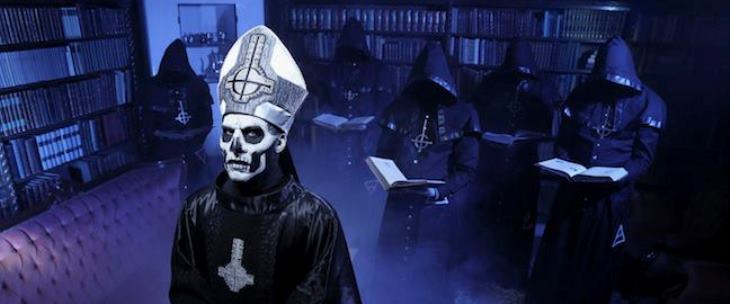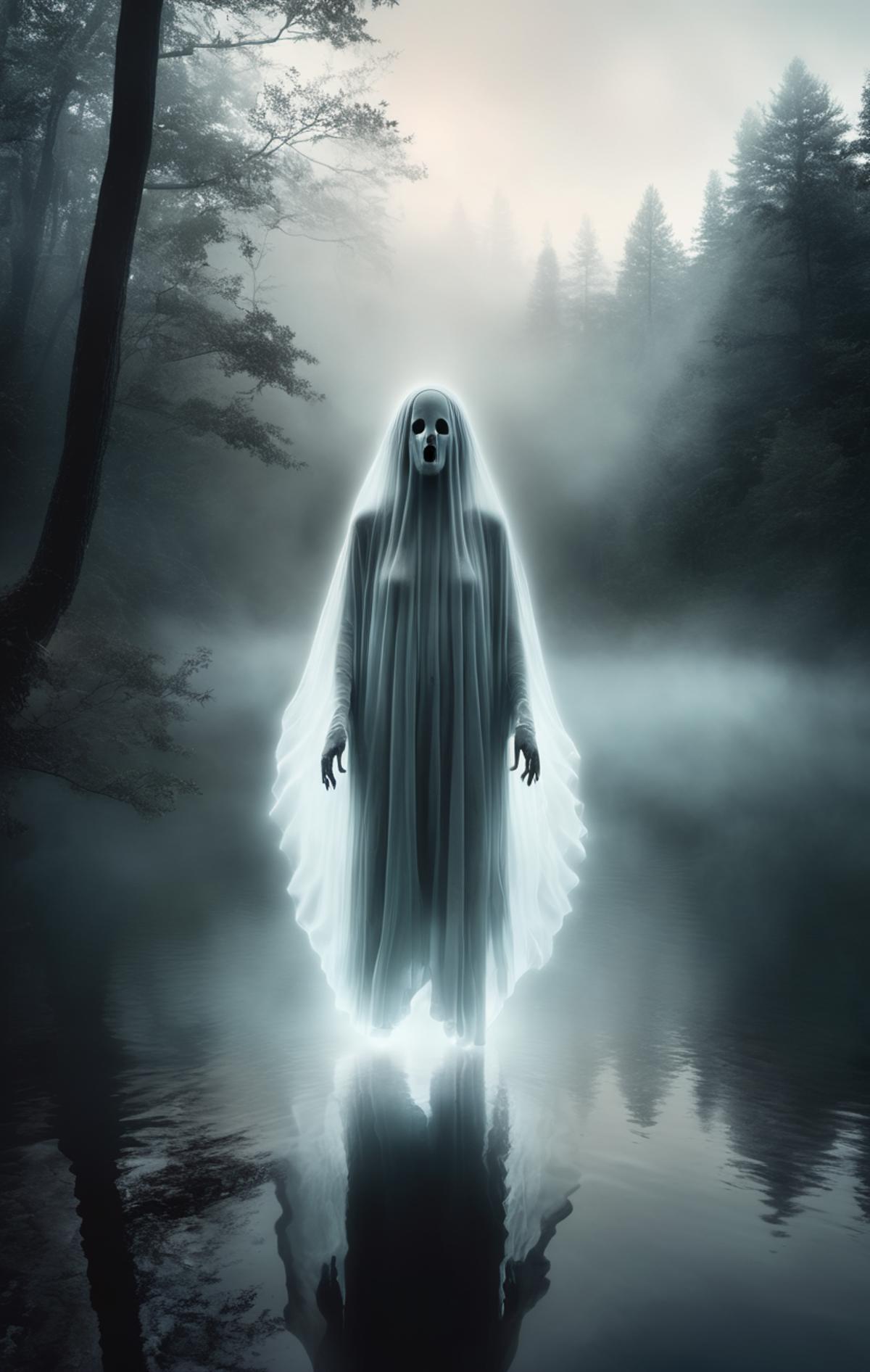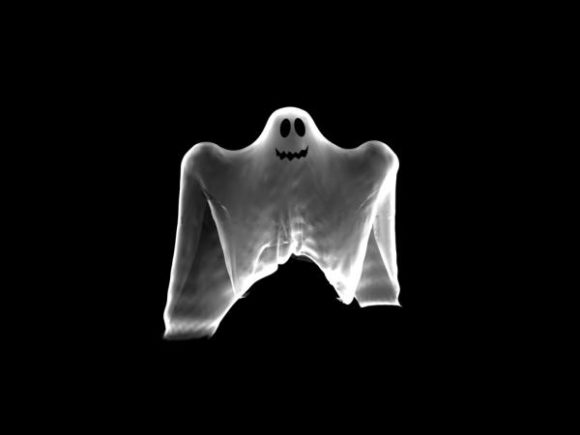The existence of ghosts has been a topic of debate for centuries, with many claiming to have experienced paranormal activity, while others remain skeptical. The question "are ghosts real?" has sparked intense discussions among experts, researchers, and the general public. In this article, we will delve into the world of paranormal activity and explore what experts have to say about the existence of ghosts.
The Paranormal Phenomenon
Paranormal activity refers to events or experiences that cannot be explained by science or natural laws. This can include sightings of ghosts, spirits, or other supernatural entities, as well as unexplained noises, movements, or events. Many people claim to have experienced paranormal activity, with some even reporting interactions with ghosts or spirits.
Expert Opinions
So, what do experts say about the existence of ghosts? According to
psychologists, paranormal experiences can be explained by psychological and neurological factors, such as hallucinations, misperceptions, and the power of suggestion. However,
parapsychologists, who study paranormal phenomena, argue that some experiences cannot be explained by conventional science and may be evidence of a supernatural realm.
Dr. Deborah Hyde, a paranormal investigator, notes that "while many reported ghost sightings can be explained by natural causes, there are some cases that remain unexplained and warrant further investigation." On the other hand, Dr. James Alcock, a psychologist, states that "the vast majority of reported paranormal experiences can be explained by psychological and neurological factors, and there is no empirical evidence to support the existence of ghosts."
The Science Behind Ghosts
So, what can science tell us about ghosts? From a scientific perspective, there is no empirical evidence to support the existence of ghosts. However, researchers have proposed several theories to explain paranormal experiences, including:
Electromagnetic hypothesis: This theory suggests that certain electromagnetic fields can cause hallucinations and other paranormal experiences.
Pareidolia: This psychological phenomenon refers to the tendency to see patterns or images in random or vague stimuli, which can lead to misperceptions and ghost sightings.
In conclusion, the question "are ghosts real?" remains a topic of debate among experts. While some claim that ghosts are a supernatural phenomenon, others argue that paranormal experiences can be explained by psychological and neurological factors. Ultimately, the existence of ghosts remains a mystery that may never be fully resolved. However, by exploring the science and expert opinions behind paranormal activity, we can gain a deeper understanding of this fascinating phenomenon.
Whether or not you believe in ghosts, one thing is certain - the topic of paranormal activity continues to captivate and intrigue us. As we continue to explore the unknown, we may uncover new evidence and insights that shed light on the existence of ghosts. Until then, the mystery remains, leaving us to wonder: do ghosts really exist?
Note: This article is for informational purposes only and is not intended to promote or debunk the existence of ghosts. The views and opinions expressed are those of the experts and researchers mentioned and do not necessarily reflect the views of the author or publisher.

/ghost-143917592-58cb16f55f9b581d72aa7ec4.jpg)







